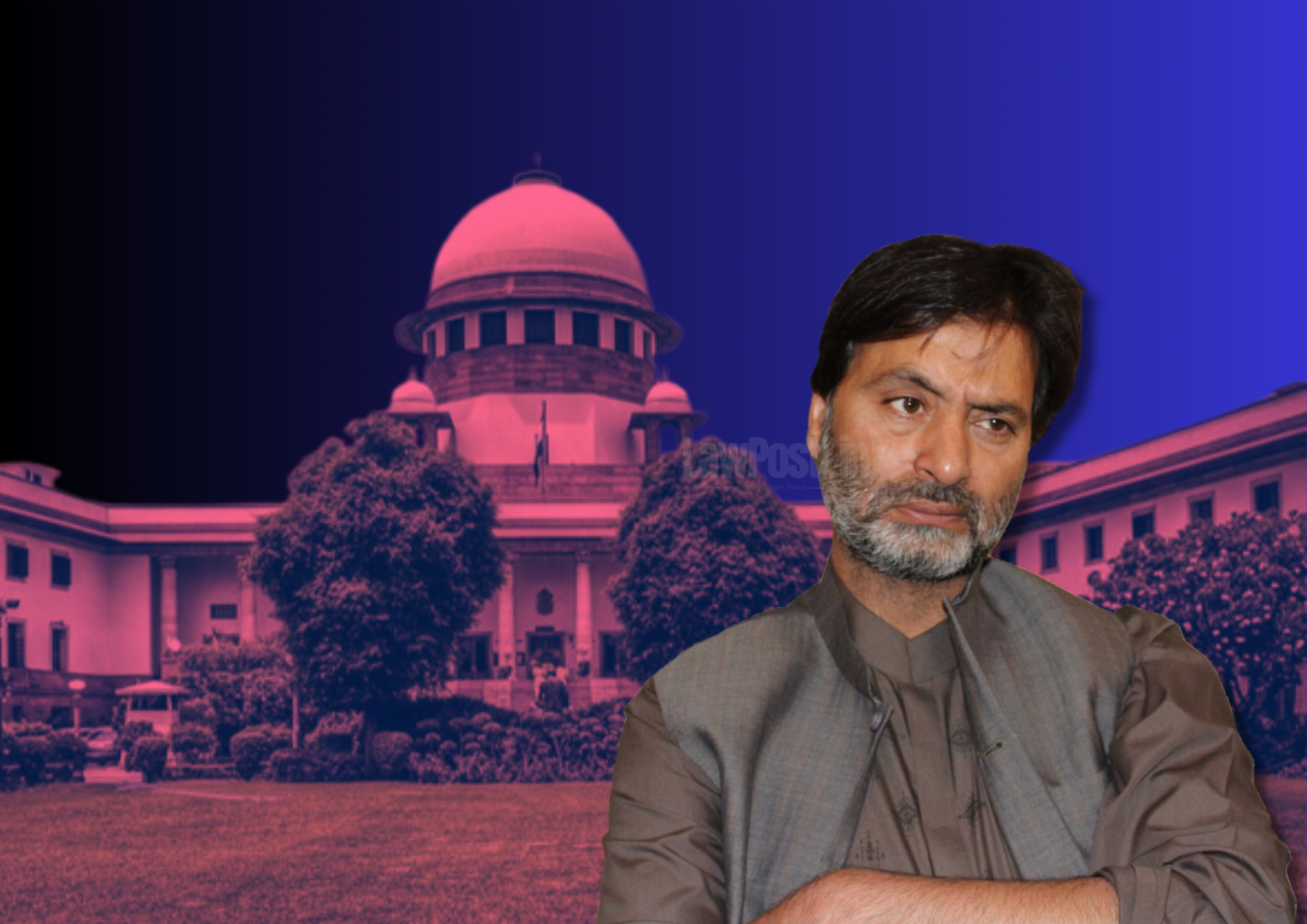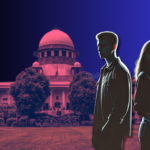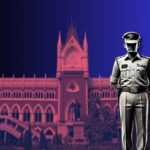In a significant development, the Supreme Court has proposed setting up a temporary courtroom within Tihar Jail to facilitate the cross-examination of terror convict Yasin Malik in two high-profile cases involving kidnapping and murder. The proposal aims to address security concerns while ensuring a fair trial, a hallmark of the Indian judicial system.
The suggestion came during a hearing on an appeal filed by the Central Bureau of Investigation (CBI) challenging a Jammu court’s order requiring Malik’s physical presence for cross-examination. Malik is currently lodged in Delhi’s Tihar Jail.
Justice Abhay S Oka, part of the Supreme Court Bench hearing the case, remarked,
In our country, fair trial was given even to Ajmal Kasab. A courtroom can be set up in jail and it can be done there
He further emphasized the need to consider logistical and security arrangements, noting that even witnesses would require protection.
Solicitor General (SG) Tushar Mehta, representing the CBI, underscored the security risks of moving Malik to Jammu, suggesting that if Malik insists on a personal appearance, the trial could potentially be shifted to Delhi. Highlighting the gravity of the case, SG Mehta stated, “He is not just another terrorist. Government cannot go by the books in such cases; he frequently travelled to Pakistan and shared the dais with Hafeez Saeed.”
The Jammu special court had initially ordered Malik’s presence for the cross-examination of witnesses in two cases—the killing of four IAF personnel in 1990 and the abduction of Rubaiya Sayeed, daughter of former Jammu & Kashmir Chief Minister Mufti Muhammad Sayeed, in 1989. However, citing security risks, the CBI challenged this order in the Supreme Court, which had stayed the Jammu court’s directive last year.
The top court has now directed the CBI to implead all the accused in the case as respondents to the appeal, scheduling the next hearing for November 28.
Security Concerns and Past Proceedings
Malik’s physical presence at previous hearings has raised security alarms. In July 2023, he appeared before the Supreme Court, which led to SG Mehta criticizing jail authorities for what he described as a “grave security lapse.”
More recently, Malik sought intervention from the Delhi High Court to revoke a Section 268 CrPC communication that prevents his removal from jail. He argued that this restriction hindered his physical production before courts, including in instances where his presence is legally required.
Balancing Security and Fair Trial
Justice Oka questioned the feasibility of conducting cross-examinations via video conferencing, stressing the importance of ensuring a fair trial while balancing security considerations. “We need to see how the judge will be posted in jail only for this court,” he added, hinting at the logistical challenges of conducting a trial within jail premises.
The Supreme Court’s suggestion aligns with similar measures in the past, such as conducting trials in Gujarat jails for high-security cases, and underscores the judiciary’s commitment to upholding justice without compromising national security.








